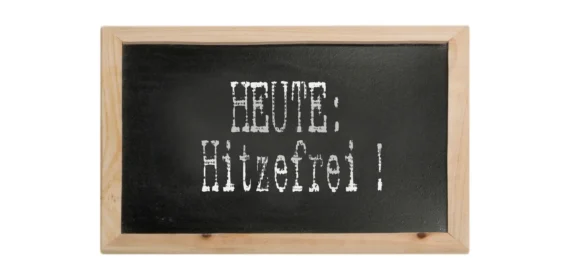The Works Constitution Act prohibits any obstructing of the works council election or influencing it by adding or threatening disadvantages or by granting or promising advantages. In addition, the labor courts have imposed a comprehensive neutrality obligation on the employer. The employer is to be completely excluded from the works council election. Violations may result in criminal prosecution. Additionally, the election may then be contestable. Preliminary injunctions are, however, conceivable.
The employer may not obstruct the work of the electoral board. Thus the employer is obligated to provide the election committee with the necessary resources for the realisation of the works council election.
The employer must exempt the members of the electoral board from their employment duties if this is necessary for the realisation of the works council election.
It is electoral interference if the employer makes the voting impossible or difficult, for example by denying employees or the electoral board access to the company building or by denying them their right to vote. Relocating or firing employees is also prohibited if the ability of the employees to stand for election or to vote is taken away. Conversely, however, there is no need to refrain from taking such measures just because the works council elections are pending. The employer does not have to shift restructuring, for example, or refrain from planned redundancies for reasons other than those of the works council election.
If the employer generally prohibits or restricts election/campaign advertising, either for individual lists or candidates, this may constitute a hindrance of the works council election. On the other hand, the employer is not obliged to release candidates from their employment duties in order for them to simply gather signatures or to carry out campaign advertising. It would, however, be inadmissible to generally prohibit these activities.
The Bundesarbeitsgericht (Federal Labor Court) determined it to be undue influence on a works council election when an employer actually and financially supported a group of candidates in the production of an election newspaper. The District Labor Courts of Hesse and Hamburg came to the same judgments in a case where an employer had collected signatures for a particular list of candidates. Expressions of displeasure about the current works council, , expenses caused by it, or the number of court proceedings initiated by the works council are also prohibited. According to previous cases, the employer is not allowed to make any recommendations. Even the encouragement of employees to stand for election is said to be contrary to neutrality.
A discussion with the author about the decisions of the labor courts will appear in the October issue of ComplianceBerater.
Practical recommendations:
Employers are recommended to be careful with statements and influences during the works council election, even if the jurisdiction is not always convincing.











